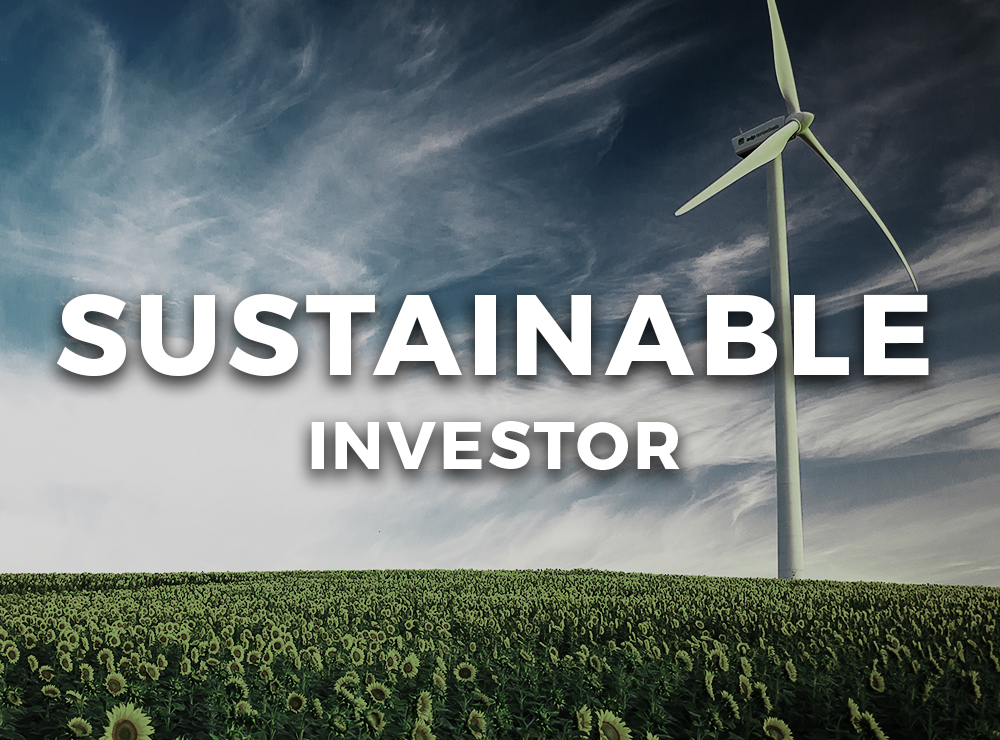
There was an interesting call in May of this year for fund managers to put pressure on businesses that fail to stop slave labour. As reported by Reuters, Fiona Reynolds, head of London-based Principles of Responsible Investment (PRI), issued a rallying cry for trillions of dollars of investor pressure on businesses to stop slave labour by uniting to demand improvements and monitor progress.
Reynolds said modern slavery had not come into the cross-hairs of environmental, social and governance (ESG) investors.
“There are a lot of ESG conversations around climate change … but [this should be] interlinked with modern slavery,” Reynolds told the Thomson Reuters Foundation. “We see many climate migrants and refugees who end up vulnerable and at risk of being trafficked.”
The UN estimates that some 40.3 million people are trapped in modern slavery, from factory jobs to forced marriages.
“We can’t think about modern slavery alone, there needs to be a holistic human rights approach that considers fair wages, labour laws, freedom of association,” argues Reynolds, who is also chairwoman of the Financial Sector Commission on Modern Slavery and Human Trafficking the Thomson Reuters Foundation, the charitable arm of Thomson Reuters. “You won’t fix any one of these issues without addressing the others.”
A best practice example can be found in the John Lewis Partnership’s annual CSR report. The retailer’s 2017/2018 report states, “Our approach to tackling modern slavery is influenced by our values as an employee-owned business. It forms part of our broader human rights strategy, through which we work to raise labour standards, improve working conditions and create fairly rewarded employment.” During 2017/18, John Lewis identified eight instances where management processes in supply chain sites could be improved to reduce the risk of modern slavery. A Waitrose supplier of fresh produce identified a case of vulnerable workers being exploited by a third party. The supplier’s processes allowed a worker to identify the situation, which has since been handled by the Gangmasters Labour Abuse Authority and local police.
This was the Partnership’s third annual Modern Slavery Statement, and it echoes Reynolds more recent plea, saying: “We cannot tackle this alone and are committed to continuously sharing and collaborating as we do so.”
More on sustainable investing:
Europe’s sustainable funds universe continues to grow
A tipping point in attitudes to climate change?
Does shareholder activism make a positive difference?
Can the UK become a global champion in impact investing?
ShareAction: Why we’re offering free training to shareholder activists
Five things I learned at The Values-Based Adviser










